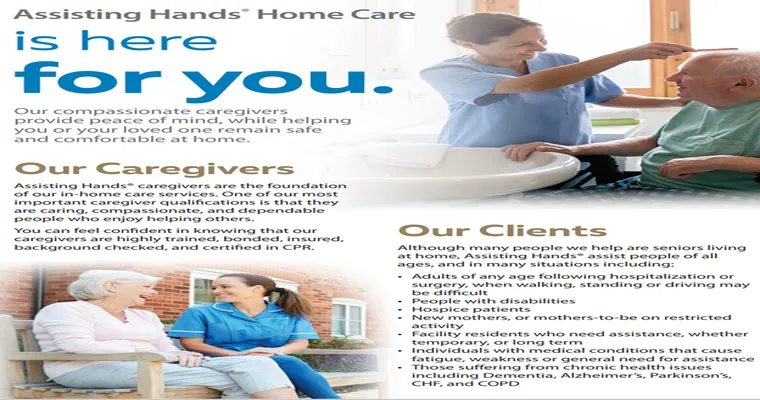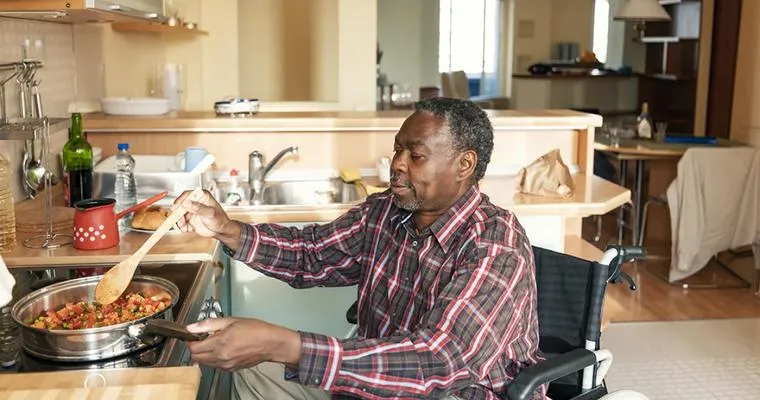As a concerned family member, noticing that your "stepmother is showing signs of dementia" can be distressing, especially when she has "no children" to advocate for her. It is understandable to have questions about her health and the appropriate steps you can take. One of the most pressing questions may be whether you can reach out to her "doctor" to discuss your concerns.
The first thing to consider is the nature of your relationship with your stepmother. If you are involved in her life and have her trust, it is crucial to approach the situation delicately. While discussing her health with her doctor can be beneficial, it is important to respect her "privacy" and "autonomy". In many cases, healthcare providers are bound by laws such as HIPAA (Health Insurance Portability and Accountability Act) in the United States, which protects patient confidentiality. This means that they may not be able to share information about her health without her consent.
However, you can still take proactive steps. Here are some suggestions on how to navigate this situation:
1. "Discuss Your Concerns with Her": Before contacting her doctor, have an open and honest conversation with your stepmother. Express your observations and concerns about her behavior or cognitive decline. This will not only show her that you care but may also encourage her to seek medical advice.
2. "Encourage Her to Visit the Doctor": If she is receptive to your concerns, suggest that she schedule an appointment with her doctor for a comprehensive evaluation. Offer to accompany her to the appointment, as having someone she trusts can help ease any anxiety she may feel.
3. "Contact Her Doctor": If your stepmother is unable or unwilling to address her health issues, you may consider reaching out to her doctor. Before doing so, it is advisable to first check with her about your intentions. If she agrees, you can contact the office to express your concerns. While the doctor may not be able to share specific details about her health, they may appreciate your input and keep it in mind during future evaluations.
4. "Consult a Healthcare Advocate": If you are worried about your stepmother’s well-being but feel uncomfortable reaching out to her doctor directly, consider speaking with a "healthcare advocate". These professionals can provide guidance on how to assist her and navigate the healthcare system effectively.
5. "Stay Informed About Dementia": Understanding the signs and symptoms of dementia can empower you to provide better support for your stepmother. Educate yourself about the condition, treatment options, and resources available for caregivers and families.
6. "Explore Legal Options": If her condition worsens and she is unable to make decisions for herself, you may need to explore legal options such as obtaining power of attorney. This will allow you to make healthcare decisions on her behalf when necessary.
In conclusion, while you may feel a strong urge to act on your concerns about your stepmother showing signs of dementia, it is essential to approach the situation with sensitivity. Open communication, respect for her autonomy, and seeking professional guidance will help you navigate this challenging time. Remember, your support can make a significant difference in her quality of life as she faces her health challenges.





